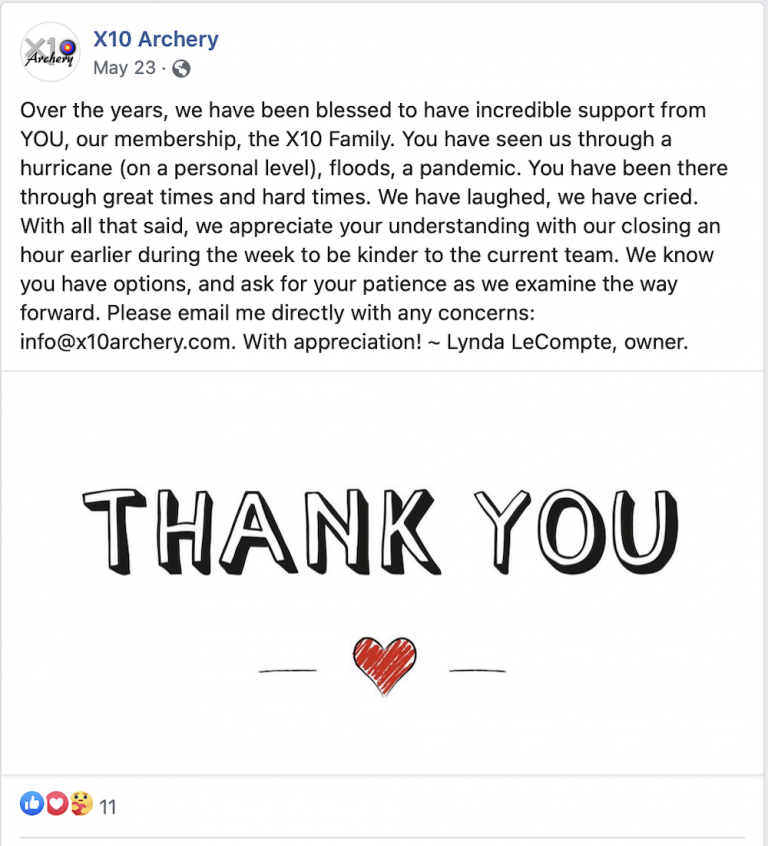Jay Thompson is a partner at the full-service law firm Nelson Mullins. The company is also a MyATA service provider focused on advising businesses of all shapes and sizes on product recalls, product safety regulations, intellectual property, California Prop 65 and risk prevention. Thompson said ATA members should work disaster preparedness into their business model to have protections and security measures in place, should disaster strike.
Being prepared and knowing how you’ll respond to a crisis reduces stress and frustration, prevents rash decision making and increases your odds of pushing through adversity.
Let’s discuss the most common types of disasters, how businesses can prepare and what they can do to potentially prevent certain disasters from happening.
Types of Disasters
According to Thompson, ATA members should think about three different types of disasters:
1. Disasters that affect all businesses in an area. Think of big picture disturbances like power outages, and most natural disasters, including earthquakes, floods, hurricanes, wildfires and tornadoes.
2. Disasters that only affect your industry. For example, the archery industry is susceptible to supply chain issues, animal rights issues and participation declines.
3. Disasters that only affect your business. Localized disasters are most common, and the list is exhaustive. Think thefts, fire, accidents, acts of violence, equipment failures, employee illnesses, financial mistakes, cybersecurity attacks or things that can negatively affect your brand’s reputation, like mistreating employees or having lousy customer service.
“All those things are very real things that most of us have either dealt with or heard of someone else who has,” Thompson said. “When you’re in the business we’re in, I can tell you with great confidence that every business will deal with a disaster of some capacity. Disasters are unpredictable, but with proper preparation, you can prevent or lessen the impact of these things.”
LeCompte has encountered multiple business disruptions, including theft, loss of staff, personnel issues, issues with neighboring businesses, air conditioning outages and COVID problems. X10 Archery & Academy is also susceptible to hurricanes. LeCompte said the list goes on, but she’s thought about how to react in different circumstances. That forethought and preparedness has helped her face disasters head-on. It’s also given her peace of mind knowing she’s doing her best to keep her business alive to help the community with essential needs.



